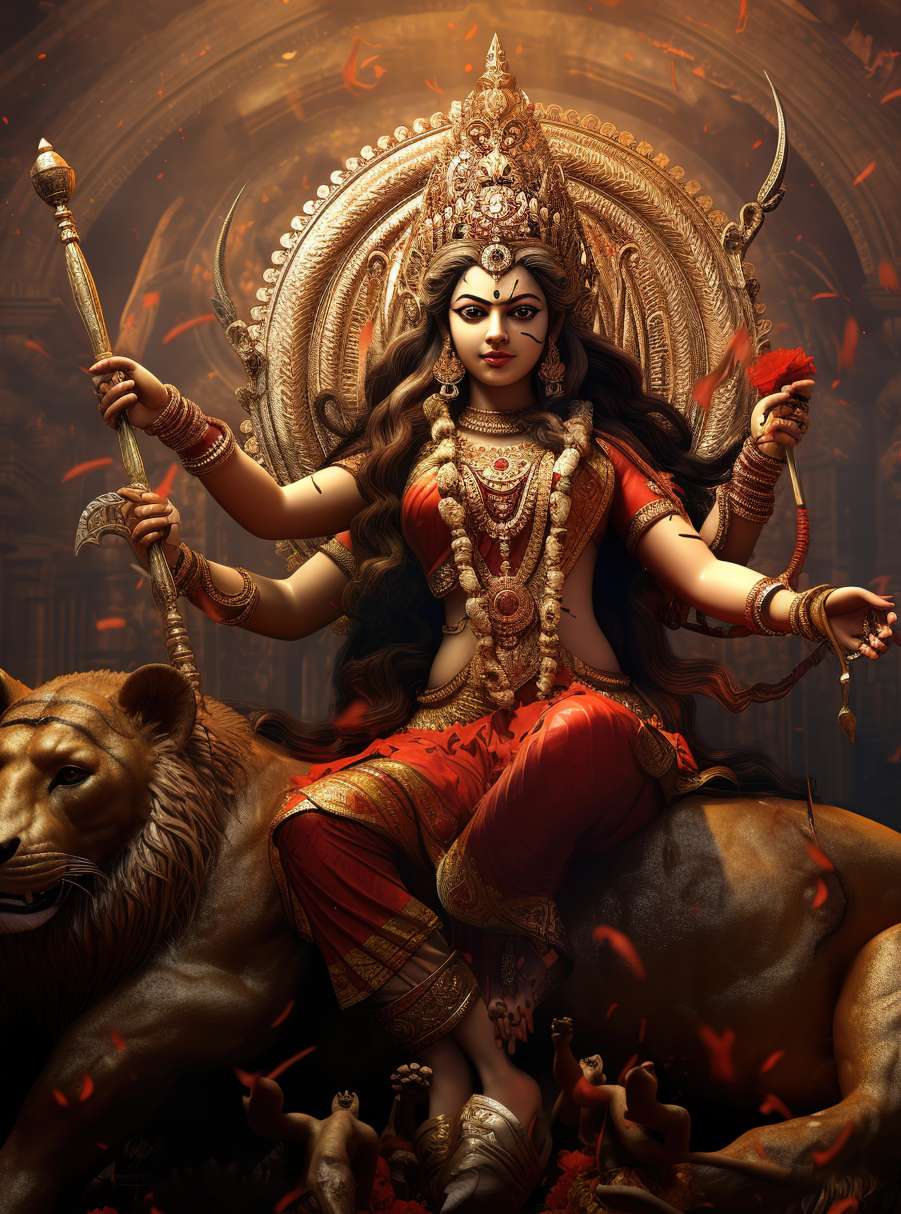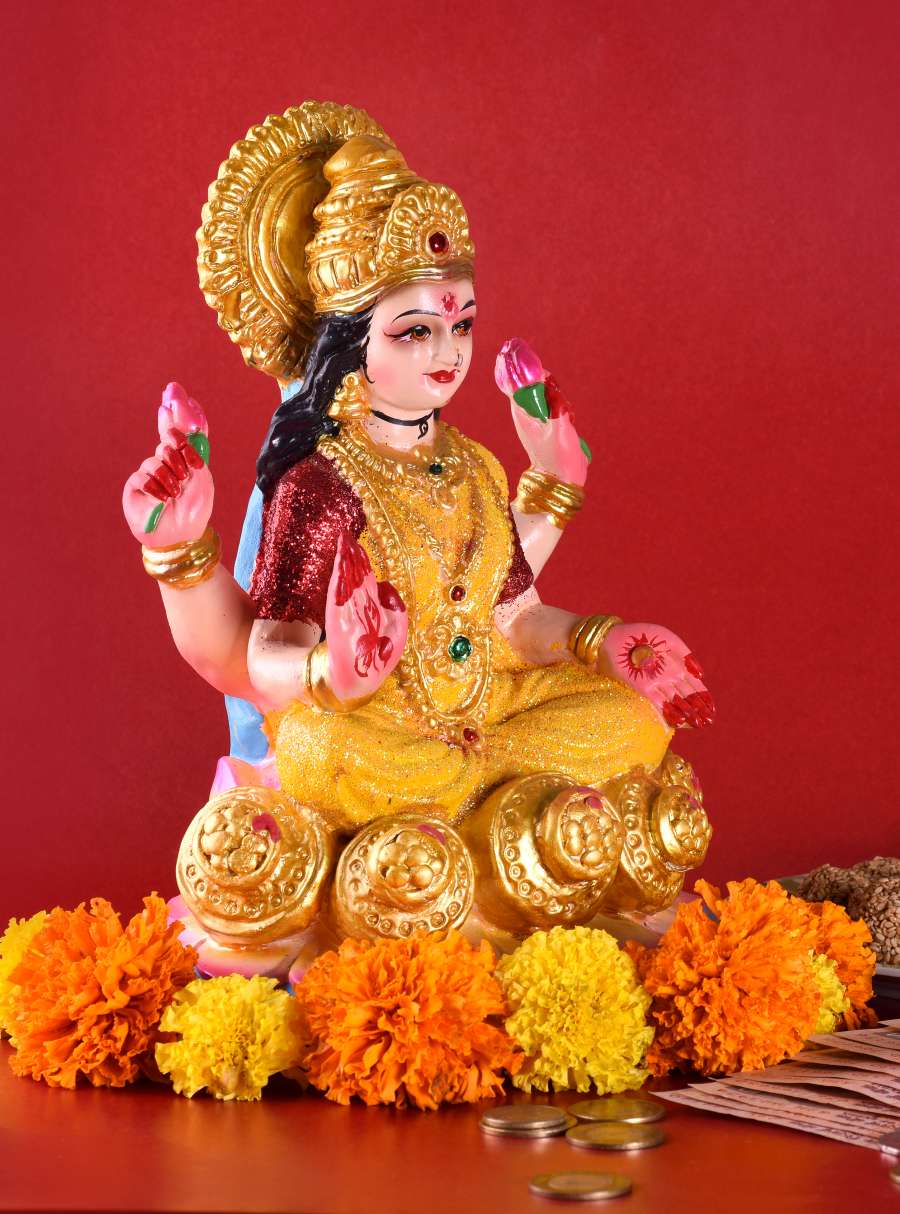

Chandi Path
Get Blessing of Goddess Durga
Chandi Path, also known as Durga Saptashati or Devi Mahatmya, is a Hindu scripture that narrates the glory and exploits of Goddess Chandi or Durga. The word "Chandi" is derived from the Sanskrit word "Chandika," which means fierce or violent. The Chandi Path is considered a significant text in the Shakta tradition, which venerates the Divine Feminine as the Supreme Goddess. The Chandi Path is a part of the Markandeya Purana and consists of 700 verses divided into 13 chapters. It is often recited during the festival of Navaratri, a nine-night celebration dedicated to the worship of Goddess Durga. The scripture is also recited to seek protection, blessings, and liberation from obstacles and challenges.
When to Perform Chandi Path?
The performance of the Chandi Path is often associated with specific auspicious occasions and festivals in Hinduism.The most popular time for reciting the Chandi Path is during Navaratri, a nine-night festival dedicated to the worship of Goddess Durga. On Ashtami and Navami, many devotees perform special rituals and recite the Chandi Path to invoke the blessings of Goddess Durga.
Duration
The duration of the Chandi Path, or the recitation of Durga Saptashati on average, it may take approximately 3 to 4 hours to complete the recitation.
Required Pooja Samagri
- Durga Saptashati Text
- Altar or Puja Space
- Images of Goddess Durga
- Camphor (Kapoor)
- Kumkum
- Incense Sticks (Agarbatti)
- Flowers
- Rice
- Conch Shell
- Red Cloth
- Lota (Kalash)
- Prasadam
Notes
Other requirements include Ganga Jal, Havan Samagri, Shankha, Red Thread, Durba Grass, Bowls, Plates.
Benefits of Puja
Chandi Path is performed with the intention of bringing peace and harmony into one's life.
Chandi Path is often performed to seek the blessings of Durga .
Goddess Durga against various demons, symbolizing the triumph of good over evil.
Reciting it with devotion is believed to strengthen the spiritual connection.
Chandi Path is often performed by individuals seeking courage, strength.
Some practitioners believe that Chandi Path can have positive effects on mental health.
